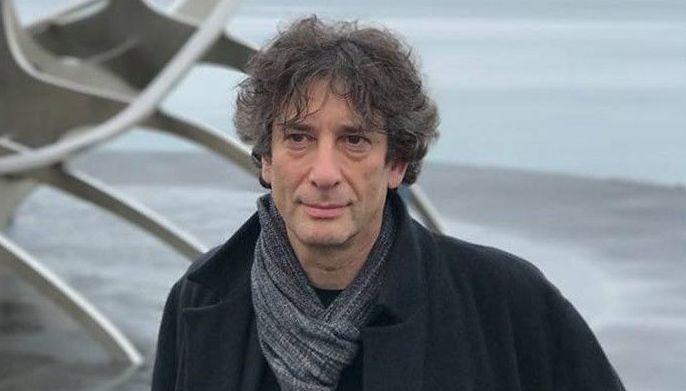Buen dia para España

 When Fernando El Niño Torres flicked in the winning goal in the Euro ‘08 final against Germany, after evading a defender and looping the ball over a surging goalie, it marked the end of years of frustration for a Spanish side whose last major soccer title came in 1964, when most if not all the players competing in the tournament weren’t even born.
When Fernando El Niño Torres flicked in the winning goal in the Euro ‘08 final against Germany, after evading a defender and looping the ball over a surging goalie, it marked the end of years of frustration for a Spanish side whose last major soccer title came in 1964, when most if not all the players competing in the tournament weren’t even born.
Spain’s 1-0 win over Germany coincided with Philippine-Spain Friendship Day, a little-known day in these here parts, which might have been instituted during Queen Sofia’s visit here some years ago to inspect the ruins of the Intendencia in Intramuros, among other landmarks.
How the Queen beamed during the awarding ceremonies, and El Niño with his teammates walked up to her and the King to be congratulated and receive their medals. Nearby German chancellor Angela Merkel tried to put on a brave face despite a broken heart.
Barely a week later, it was tennis player Rafael Nadal’s turn to give glory to
After a couple of rain delays it was already early morning Manila time when Rafa claimed victory, lying down on the court in exhaustion and the ladies in the audience having mental orgasms, a fitting climax to all that pulling on the seat of his pants, a weird mannerism that captured the imagination of the tennis world and maybe, poor guy, Federer himself.
The truth is that us bystanders and habitual kibitzers can only imagine how excited the Spanish wire agencies were during the moment of those twin triumphs, both admittedly huge, in the sporting world. The reporters and editors, anchors and commentators of Agencia Efe and Television Español must have been beside themselves with pure joy, unadulterated glee, with their magnificent victories in Euro ‘08 in Austria, and in Wimbledon, courtesy of the heroics of El Niño and Rafa.
Meanwhile the ordinary Pinoy indio can only content himself with such a mundane thing as Philippine-Spain Friendship Day, and share in some of the reflected glory via cable TV and remembering the 400 years we spent under that colonial power that gave the world the guisado and Pau Gasol (who by the way led Spain to the world basketball championship in 2006), Amaparo Muñoz and Penelope Cruz.
The Spanish juggernaut made us a bit nostalgic for the days when the Spanish news agency Efe had an office in
One of the senior translators was a very sexy transvestite who had all of us fooled there for a while — husky voice, budding breasts, long smooth legs — until, alas, an unusually perceptive colleague noticed a scar where the Adam’s apple used to be. The lost Adam’s apple would later be an interpreter during the visit to local shores of the original Marimar, Thalia.
Soccer was huge for the Spaniards even then, with our supervisor Enrique Merino getting all excited whenever his hometown team
The coños and the third generation peninsulares must have had an easier time of it, and in fact a number of the Efe stable were graduates of the UP European Languages department, but for the handful of bluffers like me it was only a matter of time before the Kastilaluys blew our cover.
This notwithstanding regular lessons with Maruja, a kindly old lady who reminded us of a favorite aunt, which pulled us out of our deskwork for an hour twice a week to teach us the nuisances of the prensa including correct pronunciation of the guttural jota, the lisped “c” as “th,” and informo with accent on the last syllable that somehow sounded like an insult and would send us into laughing fits.
But it was as good a time as any to revel in things Spanish, and in newfound friendship with the grandsons of the great Rizal translator and ilustrado Leon Ma. Guerrero. The two years in Efe helped us appreciate the language more than what 12 mandatory units in college ever did.
Suddenly there were pretensions, maybe even delusions that we could read Neruda or Marquez in the original, and always there were books by the two and other writers in the Spanish being passed around, mostly with English translations on the facing page.
There was a Christmas party or two held at the house of head honcho Pepe Rodriguez (now Instituto Cervantes director) in a gated Makati village, from which the band would stagger home after one too many tequilas or else to the office for the dreaded graveyard shift nursing a running hangover while translating and editing copy from Madrid until seven in the morning.
It was a time to familiarize ourselves with Buñuel, Cela, Lorca and other droppable names, ancestors of El Niño, Puyol, Casillas (whose name in Visayan translates to toilet) and the other no longer underachieving footballers who play on even in the pouring rain, which in that country falls mainly on the plain.



















